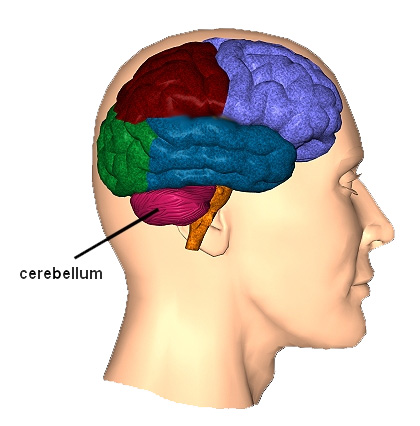Schizophrenia is a chronic brain disorder affecting less than one percent of the United States population. Symptoms of Schizophrenic disorder include delusions, hallucinations, trouble concentrating, and lack of motivation. The most well known symptom would be the hearing of other voices. We often see these portrayed in films such as “A Beautiful Mind” or “The Soloist” where the character suffers from hearing multiple voices in the their head. Many people when the hear “schizophrenic” they often conclude that the person just hears voices in their head. This may be true for many cases but there are many other symptoms to the disorder. Symptoms such as confused and disordered thinking and speech are often found in schizophrenic patients. Having trouble with logical thinking and sometimes bizarre behavior or abnormal movements. Some other symptoms include problems with attention, concentration, memory and declining educational performance.
:max_bytes(150000):strip_icc()/what-are-the-symptoms-of-schizophrenia-2953120-cba74c5e1dd942ecafde1824217603f9.png)
Many cases of schizophrenia often happen when the patient is entering into adulthood. Many people who suffer from schizophrenia tend are usually diagnosed in their early 20’s to 30’s.
One of my neighbors growing up was actually diagnosed with schizophrenia around 20. He suffers from hallucinations and tends to only hear voices where as others may experience visionary hallucinations. Other signs that shows he suffers from this brain disorder is that when he would walk around the neighborhood to work out he would never look up to wave, he often just focused on the ground because for many schizophrenics, they tend to focus on one thing such as rubbing the arm of a chair for hours which was discussed in class. My neighbor was also never dangerous or aggressive. Many movies sometimes portray the character as a violent person, but in most cases schizophrenics are not at all dangerous and can live pretty normal lives. Going to a therapist also helped with my neighbors schizophrenia because the therapist could help with developing his social skills and to improve his condition by learning to live with it.
:max_bytes(150000):strip_icc()/2794957-what-is-permissive-parenting-5b2c035943a103003654116b.png)
